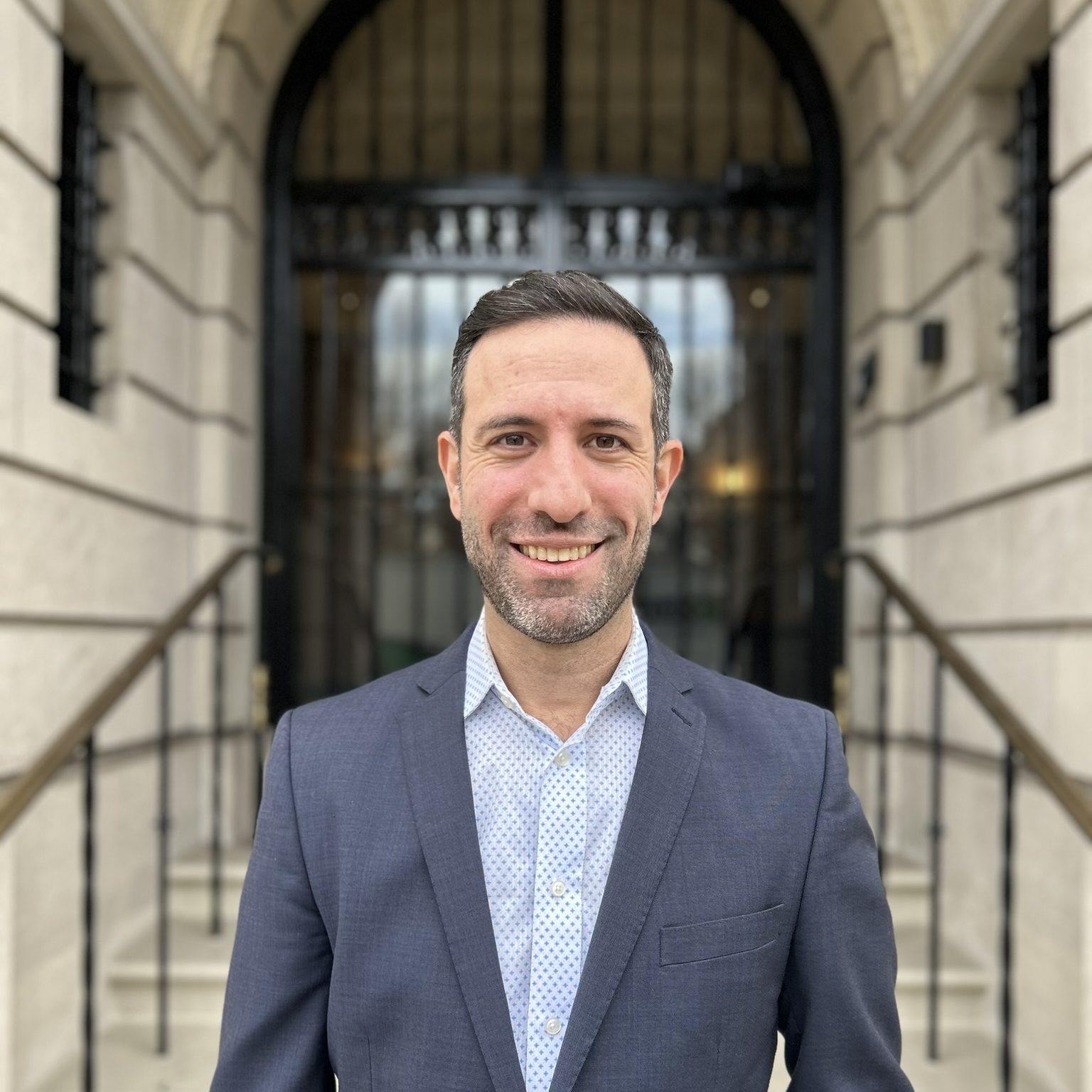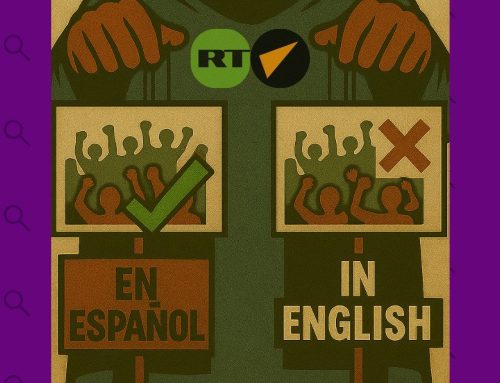Co-Managing Director David Salvo and Research Analyst Nathan Kohlenberg submitted testimony to the House Committee on Homeland Security Subcommittee on Counterterrorism, Law Enforcement, and Intelligence about the threat of transnational repression efforts. Below is a copy of their written testimony.
Dear Chairman Pfluger, Ranking Member Magaziner, and Members of the House Homeland Security Committee:
Thank you for the opportunity to submit a brief statement at today’s hearing on addressing transnational repression. Foreign state-sponsored actors’ attempts to silence, harass, and, in the most extreme cases, kill members of exile and diaspora communities on US soil, are part of an insidious campaign to chill dissent and punish perceived enemies of foreign governments.
Transnational repression often captures headlines in extreme cases like assassinations and kidnappings in which a ruling government targets members of exile and diaspora communities who are perceived as threats to that government’s stability. Yet, transnational repression is more than extraterritorial score settling. In many cases, it represents attempts by foreign state actors to interfere or exert malign influence in American democracy as well.
The victims of transnational repression in exile and diaspora communities are often US citizens who participate in American civic life, vote in elections, run for office, and help shape views in the United States of their countries of origin. From the perspective of a hostile government like that of China, this makes exiles and diaspora groups potentially dangerous constituencies in American society, due in large part to their insight into the workings of authoritarian regimes and their perspective on the threat that they pose.
Indeed, among the many governments that have perpetrated acts of transnational repression in the United States, the Chinese Communist Party (CCP) pursues campaigns of intimidation and information manipulation against exile and diaspora communities to subvert American civil society and interfere in American politics. For example, the CCP has attempted to co-opt a pro-democracy movement within New York’s Chinese diaspora and sought to derail the career of a Chinese-American congressional candidate who was a leader during the Tiananmen Square protests in Beijing in 1989. Promoting more favorable policies towards China and silencing negative views of the CCP are at the core of China’s targeting of these communities.
Authoritarian adversarial regimes like China’s, Russia’s, and Iran’s are not the only perpetrators of transnational repression. Even some of the United States’ allies and partners, such as India and Turkey, have engaged in this activity on US soil. In November, the White House revealed that an Indian national with alleged links to the Indian government was charged with attempting to hire an undercover DEA agent to kill a prominent Indian dissident in New York City who is himself a US citizen. For a democracy like India to attempt such an act on US soil is an affront to the values that our countries share, and a threat to the world order on which we both rely. It also provides further evidence that this problem is growing and that global norms against transnational repression are weakening, and that the risk-reward calculus of foreign governments increasingly appears to favor taking risks. Foreign governments conclude they either can engage in this activity with impunity, or they will tolerate the consequences the United States imposes—often through limited sanctions and visa bans.
Congress can play an important role in strengthening US responses to transnational repression. First, Congress can pass a resolution calling on the administration to issue a declaratory policy for transnational repression. Such a policy should make clear the United States will not tolerate foreign government efforts to target US citizens and exert malign influence on American civil society, and stipulate that the United States will use tools at its disposal to deter and raise the costs on this activity. A resolution should also call on the administration to appoint a senior-level official at the National Security Council or Homeland Security Council who has both the authority and the staff to coordinate policy responses across US agencies and to work with US allies on addressing this activity.
Second, Congress should call on the Department of Homeland Security (DHS) to provide trainings on transnational repression that are tailored to each individual agency’s mandate. Customs and Border Patrol (CBP) officers, for example, are often the first line of defense in deterring foreign state-sponsored actors who are coming to the United States to harass, infiltrate, and threaten exile and diaspora communities from entering the country. What CBP officers need to know to defuse threats at the border is different from what other DHS agencies, like the Cybersecurity and Infrastructure Security Agency, must address. Training on the subject should also extend to Department of State Foreign Service Officers who serve in consular positions in US embassies and consulates overseas and adjudicate visas to foreign nationals.
Finally, Congress should call on the administration to establish bilateral and multilateral forums for information sharing and coordination on transnational repression issues with allies. Foreign governments that engage in transnational repression exploit multilateral channels like Interpol to target exiles and dissidents. They also leverage proxies based in US-allied nations to conduct this activity in the United States and elsewhere. DHS and the State Department should have established channels with their agency counterparts in allied countries. Furthermore, the United States should propose creating working groups on countering transnational repression and foreign malign influence with the European Union, the G7, and other appropriate multilateral bodies with allies and partner nations.
Chairman Pfluger, Ranking Member Magaziner, thank you again for the opportunity to submit this statement today.
Respectfully,
David Salvo
Managing Director, Alliance for Securing Democracy
The German Marshall Fund of the United States
1744 R Street, NW
Washington, DC 20009
Nathan Kohlenberg
Research Analyst, Alliance for Securing Democracy
The German Marshall Fund of the United States
1744 R Street, NW
Washington, DC 20009




